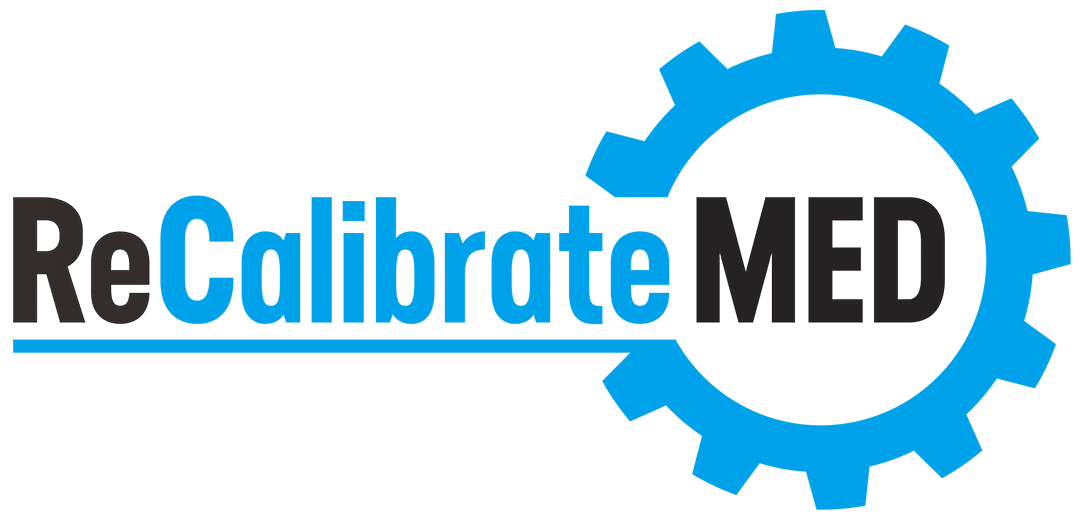In the pursuit of optimal health, medical professionals and researchers are constantly exploring innovative ways to enhance the effectiveness of medications. One such groundbreaking approach gaining popularity is hydration therapy. By combining the power of hydration with medications, healthcare providers are revolutionizing treatment plans and improving patient outcomes. In this article, we will delve into the world of hydration therapy, exploring its benefits, the science behind its effectiveness, and how it can be incorporated into treatment plans.
How Hydration Therapy Enhances the Effectiveness of Medications
Medications play a crucial role in managing various health conditions. However, their effectiveness can sometimes be hindered by factors such as poor absorption or inadequate distribution throughout the body. This is where hydration therapy comes in. By increasing the body’s hydration levels, medications are better able to dissolve, be absorbed, and reach their intended targets.
Hydration therapy works by providing the body with the necessary fluids to optimize cellular function. When the body is adequately hydrated, blood flow improves, allowing medications to be efficiently transported to their intended destinations. Additionally, hydration therapy helps to maintain optimal organ function, ensuring that medications are metabolized and eliminated effectively. This synergy between hydration therapy and medications leads to enhanced drug absorption, distribution, and overall effectiveness.
Benefits of Hydration Therapy in Health Care
The benefits of hydration therapy in health care extend beyond enhancing medication effectiveness. By optimizing hydration levels, this therapy offers a range of advantages for patients. Firstly, hydration therapy aids in detoxification by facilitating the elimination of waste products and toxins from the body. This can be particularly beneficial for individuals undergoing certain medical treatments or recovering from illnesses.
Furthermore, hydration therapy helps to improve overall well-being by promoting healthy skin, boosting energy levels, and supporting cognitive function. Many patients report increased mental clarity and improved physical performance after receiving hydration therapy. Additionally, hydration therapy can aid in the prevention and management of chronic conditions such as kidney stones, urinary tract infections, and constipation.
The Science Behind Hydration Therapy and Medication Absorption
To understand the science behind hydration therapy and its impact on medication absorption, it is essential to explore the role of water in the body. Water is the medium through which various physiological processes occur, including drug dissolution, transport, and elimination. When the body is dehydrated, these processes are compromised, leading to reduced medication effectiveness.
Hydration therapy ensures that the body is well-hydrated, allowing medications to dissolve more readily and be efficiently transported through the bloodstream. Additionally, hydration supports the function of the kidneys, which play a vital role in drug elimination. Adequate hydration promotes optimal renal function, ensuring that medications are effectively metabolized and excreted.
Types of Hydration Therapy Used in Conjunction with Medications
There are several types of hydration therapy used in conjunction with medications, each tailored to specific medical conditions and patient needs. Intravenous (IV) hydration therapy involves the administration of fluids directly into the bloodstream, ensuring rapid hydration and medication delivery. This method is commonly used in hospital settings and for patients with severe dehydration or those unable to take oral medications.
Oral hydration therapy, on the other hand, involves the consumption of fluids to replenish hydration levels. This form of therapy is often used for patients who can tolerate oral intake and have milder hydration needs. Additionally, oral hydration therapy can be combined with medications in liquid form, allowing for easier administration and absorption.
Another emerging form of hydration therapy is intramuscular (IM) hydration, which involves the injection of fluids deep into the muscle tissue. IM hydration therapy can be particularly beneficial for individuals who require sustained hydration over an extended period, such as athletes or individuals with chronic medical conditions.
Considerations for Incorporating Hydration Therapy into Treatment Plans
While hydration therapy offers numerous benefits, it is essential to consider certain factors when incorporating it into treatment plans. Firstly, the underlying medical condition and individual patient needs should be carefully evaluated to determine the most appropriate form of hydration therapy. This can help ensure optimal results and minimize potential risks.
Additionally, hydration therapy should be integrated into a comprehensive treatment plan that includes medication management, lifestyle modifications, and ongoing monitoring. Collaboration between healthcare providers, including physicians, pharmacists, and nutritionists, is crucial for developing a holistic approach that addresses all aspects of patient care.
Potential Risks and Side Effects of Hydration Therapy
As with any medical intervention, hydration therapy does carry some potential risks and side effects. These can vary depending on the type of therapy used and individual patient factors. Common side effects of hydration therapy may include fluid overload, electrolyte imbalances, and local reactions at injection sites. However, with proper monitoring and appropriate dosing, these risks can generally be minimized.
It is important for healthcare providers to carefully assess each patient’s medical history, current medications, and overall health status before recommending hydration therapy. This allows for the identification of any contraindications or potential interactions that may increase the risk of adverse effects. By taking a personalized approach and closely monitoring patients, healthcare professionals can ensure the safe and effective implementation of hydration therapy.
Finding a Reputable Hydration Therapy Provider
When considering hydration therapy, it is crucial to find a reputable provider who adheres to the highest standards of safety and quality. Start by consulting with your primary healthcare provider, who can provide recommendations and referrals to trusted hydration therapy specialists. Additionally, conducting thorough research, reading patient reviews, and verifying the credentials of potential providers can help ensure a positive experience.
It is important to choose a provider who utilizes evidence-based practices, follows proper infection control protocols, and employs qualified healthcare professionals. Transparency regarding treatment procedures, potential risks, and expected outcomes is also essential. By selecting a reputable provider, patients can have confidence in the safety and effectiveness of their hydration therapy experience.
Conclusion: The Future of Medication Effectiveness through Hydration Therapy
The integration of hydration therapy into medication treatment plans represents a significant advancement in healthcare. By optimizing hydration levels, healthcare providers can enhance the effectiveness of medications, leading to improved patient outcomes and overall well-being. As research continues to uncover the intricacies of hydration therapy and its impact on medication absorption, we can expect further advancements in this field.
As patients, it is essential to stay informed about the potential benefits and considerations of hydration therapy. By working closely with healthcare professionals and exploring the possibilities offered by hydration therapy, we can unlock new avenues for achieving optimal health and well-being. Call us today at (910) 420-0443.





